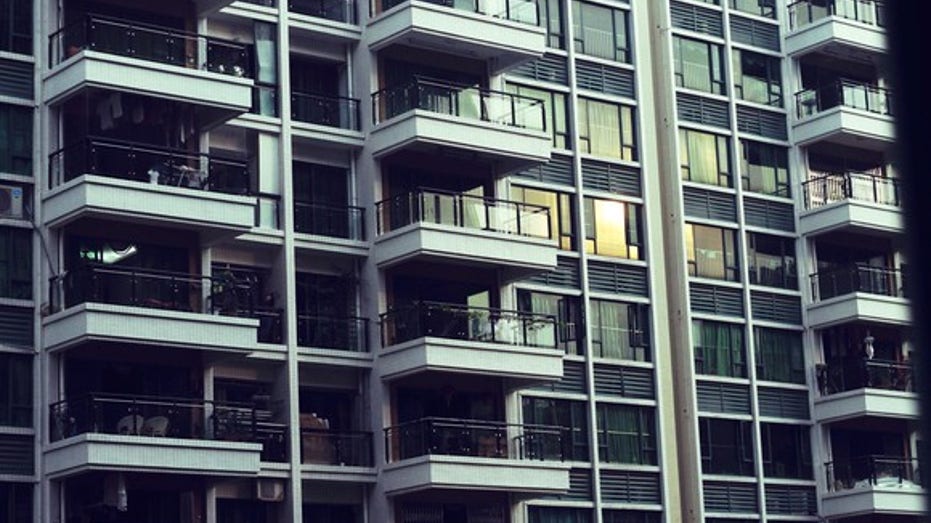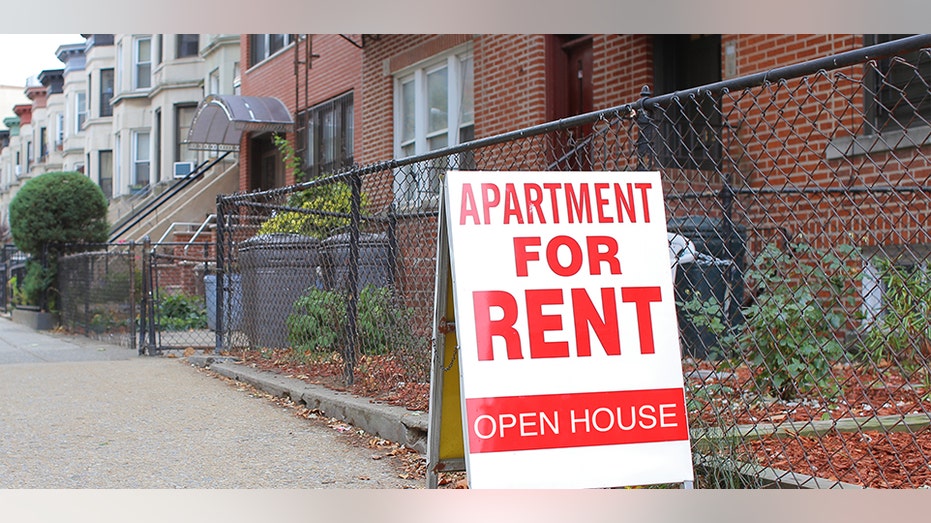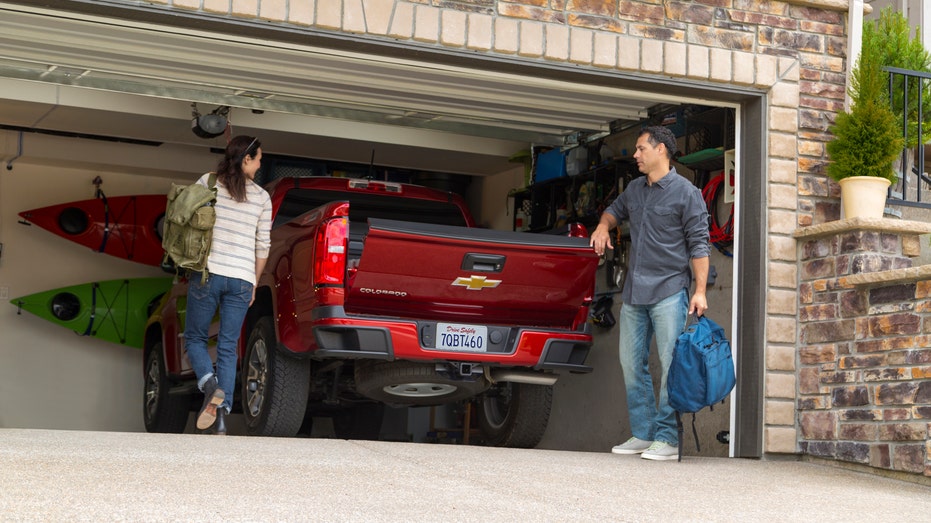Eight tips for renting an apartment
Living at home after college was never an option for Alana Sklar. She said it is not because her parents are mean people, but it was always implied that she would move out after graduation. Her father, who has a degree in finance, taught her to be practical with money. The Monday after Sklar graduated from Florida Atlantic University, she received an email from him.
“You’ll need this, Love Dad,” the email read.
Attached to the email was a formatted Excel spreadsheet with her salary at the top and a list of bills.
“At the time I was like wow, he waited two days,” she said. “This is extremely harsh. He shook off his hands and kicked me out of the door.”
Faced with high rents and student loan payments, most college students aren’t prepared for the financial responsibilities that are waiting for them after graduation. One financial burden is housing. A survey by Apartment Guide found that less than half of college students plan to rent an apartment after graduation. More than half aim to live with their parents.

“People who may not have had a job or worked during college seem to not understand what financial responsibilities they are going to have upon graduating,” said Brian Carberry, managing editor at Apartment Guide. “This group goes in thinking they can afford an apartment in the middle of the city and find out that they may not be able to.”
Whether you are a recent college graduate, single empty nester or even a married couple, Carberry has eight tips on how to shop smart for an apartment:
Consider a roommate
If you get a roommate, you can cut your rental costs in half. You can also split household expenses, such as utilities, internet, and even food. Want to save even more money? Carberry said if you get a larger unit, you could divide household costs with three or four roommates.

A sandwich board sign on a city street that is advertising an apartment for rent. (iStock)
Search during the slow season
Winter is generally the best time to get a good deal on an apartment. Carberry said during the cold weather months, property managers might be more willing to negotiate to fill a unit that has been sitting vacant.
Everything is negotiable
There is a fine line on what you can negotiate, but it never hurts to ask. Carberry said if demand is low in your area, you might be able to rent a unit for a lower price. If the property manager says no, check if he/she will give you a discount on fees that may be included in the rental agreement, such as the security deposit, parking or the application fee.
Consider older units
It’s nice to have an apartment with brand new furnishings and luxury appliances. To save money, think about renting units that are similar to the one you like, but aren’t as updated. Carberry said those apartments might be more affordable.
Think beyond rent
A big mistake some renters make is only looking at how much they will have to pay in rent. Carberry said in addition to the monthly rent, don’t forget to factor in other costs such as utilities, parking, laundry, etc.

Consider middle floor units
Renting a middle floor unit can help you save on heating and cooling costs. Because hot air rises, Carberry said living on a middle floor would give you the benefit of the heat from the person below you. At the same time, you would be insulated from the sun coming down from the roof. During the summer, your unit would stay slightly cooler.
Compare rents
Are you in an area where there is a lot of inventory? Compare and contrast comparable apartments in your desired neighborhood. Carberry said don't be afraid to ask the property manager of the more expensive apartment if he/she can drop the price to match the similar, cheaper apartment.
Look at different neighborhoods
City living is appealing to young people, but it can be expensive. Carberry said apartment hunters should consider similar areas that can give them the same amenities they are looking for, for less.
“If you pay too much money for an apartment, you are going to be house poor,” he said. “You are not going to be able to do things you want to do. Living in that area that costs so much money is not worth it and you can’t enjoy anything.”
CLICK HERE TO GET THE FOX BUSINESS APP
Sklar’s salary after graduation was $35,000. Even though she had a roommate, Sklar said money was tight. She lived month to month, but never let her credit score suffer. In retrospect, Sklar said her father kicking her out after graduation was the best thing that could have happened to her.

“Yes, it was hard, but with the way I was raised, I wanted to do it,” she said. “I wanted to prove to myself that I could succeed on my own and didn’t need mommy and daddy’s help. I developed a form of independence, the freedom to make my own mistakes and figure out what worked for me.”
Linda Bell joined FOX Business Network (FBN) in 2014 as an assignment editor. She is an award-winning writer of business and financial content. You can follow her on Twitter @lindanbell




















